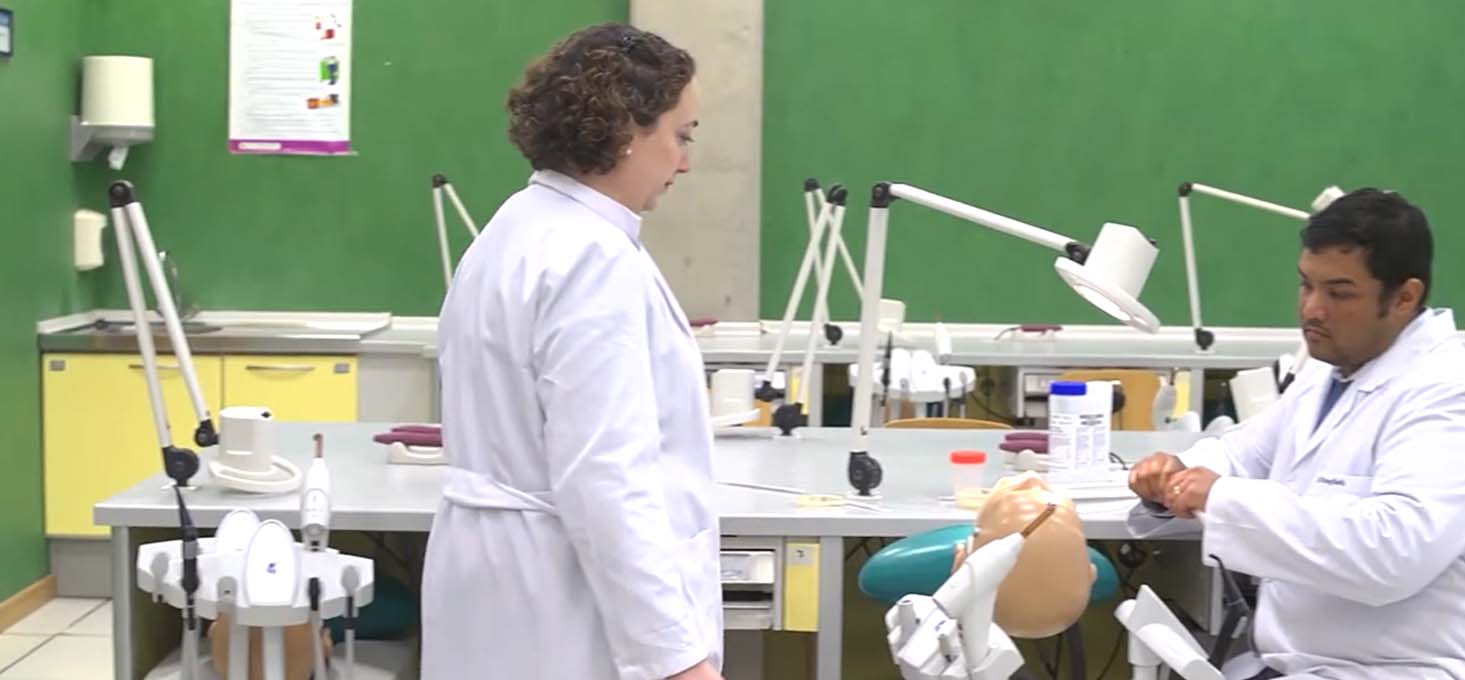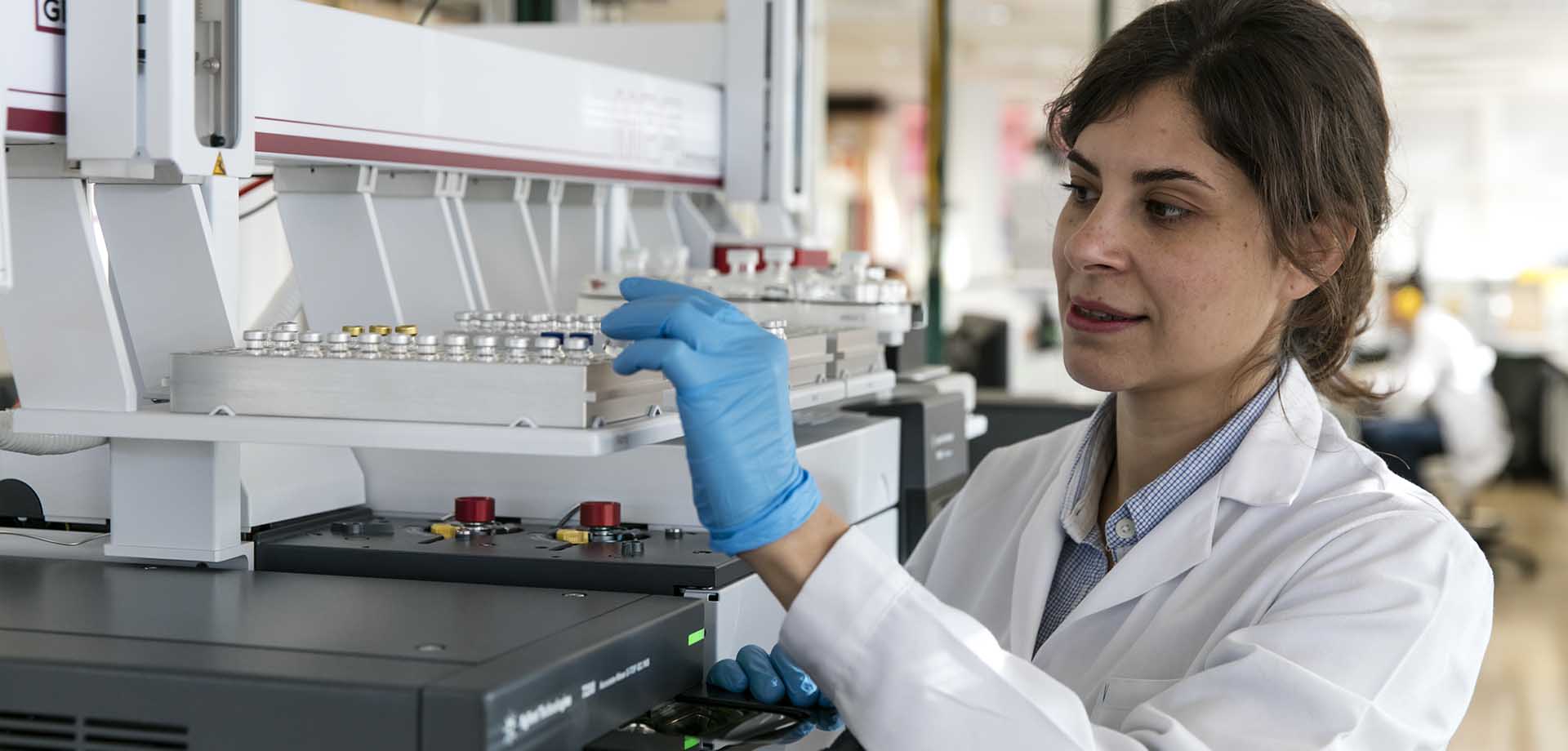The communication of knowledge and scientific progress as part of the training of the next generation of professionals is an essential goal for all universities. Therefore, universities must generate and facilitate the generation of new knowledge through study, reflection and research.
Teaching and research are the central activities that universities are engaged in. University lecturers are the key players in both processes:
- when teaching, they must communicate knowledge to the student in a critical spirit, fostering a desire in students to take this knowledge further and use what they have learnt in their professional practice, contributing to the common good.
- in research, they inquire into problems and then publish their findings, contributing to knowledge in their academic area and to the betterment of society.
At a university, then, knowledge is not only communicated – it is also created. It is then transmitted and transferred to others to facilitate further academic, scientific and social progress.
A place for studies, scholars and students
To facilitate our lecturers' research activities, CEU UCH encourages the establishment of Recognized Research Groups (or GIRs, from their Spanish name: Grupos de Investigación Reconocidos), headed by a lecturer known as the research lead. The University also seeks to foster research activities by establishing research institutes, which support and guide the activities of the GIRs, aiming to create synergies between them.
The business world and other stakeholders in society can also contribute to research, via the creation of research observatories and chairs which can provide important support to researchers' work. They also enable research findings to be publicized and support research training.
Research groups, institutes, chairs and observatories bring researchers together and encourage a team effort to bring about real progress.
Aspiring for excellence in research
For high-quality research to happen, the right resources need to be in place. CEU UCH
- Devotes its own funds to support research, coming from the University itself and the Fundación Universitaria San Pablo CEU which comprises four universities in Spain.
- Participates in competitive research funding programmes run by public institutions at the European, national and regional level and also welcomes donations from private organizations looking to support research.
- Attracts established researchers with a strong international research track record to lead, guide and act as a mentor to research groups.
- It supports young researchers, as they look to start their career in research. This begins with our undergraduates through our Research+Teaching (I+D) projects. It continues with doctoral students at CEINDO, our international doctoral school, and also at the postdoctoral phase.
“A university's social purpose is to produce graduates who can be competent professionals, but our purpose goes beyond that, as we must also generate knowledge and culture. Fostering thought, theoretical reflection and practical research is as much the purpose of a university as teaching.”
Higinio Marín Pedreño, Rector of the CEU Cardenal Herrera University
Putting knowledge to work for the good of all
The endeavour of creating knowledge is, in fact, the search for the truth for everyone's benefit. This is the fundamental mission of every academic institution which draws inspiration from Christianity, and the CEU Cardenal Herrera University is no different: our mission is to put knowledge at the service of the people around us.
- The University seeks to promote research that benefits the common good, so that this can be shared with society as a whole and generate knowledge which can improve society and address its needs.
- The generation of knowledge serves no purpose unless it is communicated to others. For us, undertaking research is also about contributing to the creation of a scientific culture beyond academia, so that all of society can know, understand and benefit from the knowledge created at the University.
The infrastructure of the Office of the Vice-Rector for Research exists to support this task for lecturers undertaking research, including the Research Commission and its Ethics Committees. This also includes the administrative offices such as the Unit for Scientific Culture and Innovation (UCC+i), the Knowledge Transfer Office (OTC), the Bibliometrics Unit and the administrative staff who manage research funds. All of this support is provided so that our lecturers can carry out outstanding research with a high impact within academia, but whose impact on everyday people and society is no less important.

Why we carry out research
|
|


